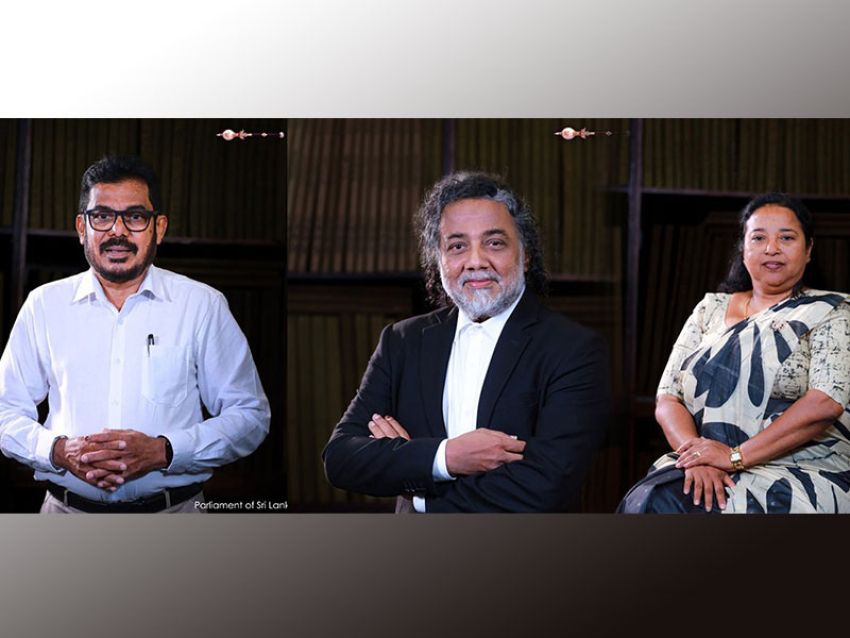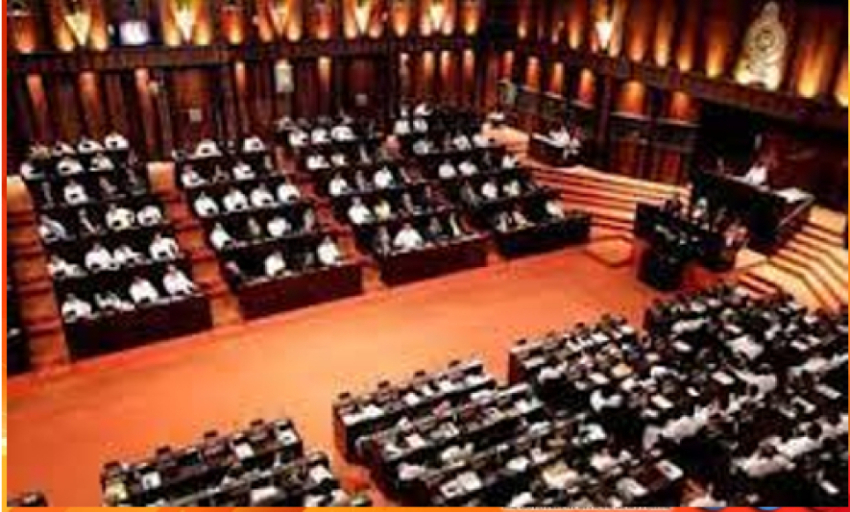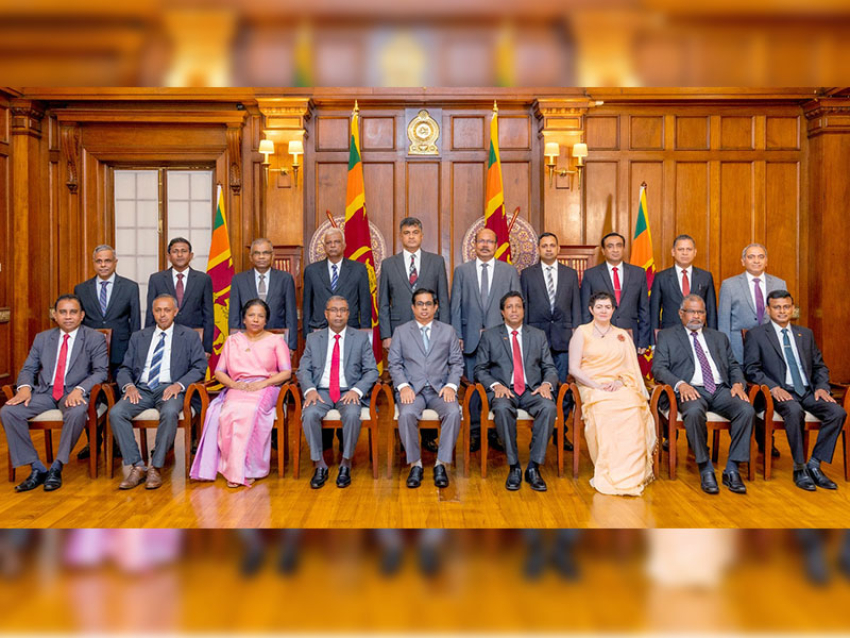Addressing a news briefing, the Minister said it was best to have a performance-based contract even for the coach.He said he informed the SLC not to retain Hathurusingha as the coach for the New Zealand tour.“However, if he wishes to be the coach, he can reapply and renegotiate the amount to be paid. If not, he can also take legal action if that’s what he wants,” he said.Minister Fernando said Chandika Hathurusingha was drawing in a salary of USD 40,000 at present.
Hathurusingha removed, Jerome to take over in the interim
Meanwhile, Chandika Hathurusingha, Sri Lanka Head Coach, will have his contract terminated by Sri Lanka Cricket (SLC) today (Tuesday) after its Executive Committee holds an emergency meeting, authoritative sources said. Jerome Jayaratne, SLC Chief Operating Officer, will take over as Coach in the interim for the New Zealand series while the Board continues its hunt for Hathurusingha's replacement.
Hathurusingha, who was hired in January 2018, completes his contract in December next year but inconsistent performance in white ball cricket forced SLC to demand his resignation on the instruction of the Sports Minister.SLC had been in negotiations with him to amicably part ways since the conclusion of the World Cup but Hathurusingha has been adamant that they sack him if they wanted to and talks collapsed unpleasantly. This will leave SLC facing a protracted legal battle as Hathurusingha has an ironclad contract.
In 2009, Hathurusingha was the Sri Lankan team’s “shadow coach” but was cold-shouldered by a controversial administration headed by DS de Silva despite a glowing recommendation made on his behalf by Kumar Sangakkara. With Sangakkara’s pleas failing to convince the Board, Hathurusingha left for Australia and then moved on to Bangladesh where he was coach from 2014 to December 2017. He could now return to his former employer, Bangladesh Cricket Board, on a fresh contract as they have shown interest in taking back.
Hathurusingha was long under scrutiny over the team’s slide in international cricket. It wasn’t that Sri Lanka had done better without him. It was that his arrival had not heralded the expected turnaround of fortunes.It was not entirely his fault. The absence of a coherent and consistent policy in cricket administration saw players being picked and dropped more often than you change your underwear. Selectors were shuffled too often. There was just no continuity and consistency. And there were more captains and coaches than any other team has seen since the last World Cup.




















